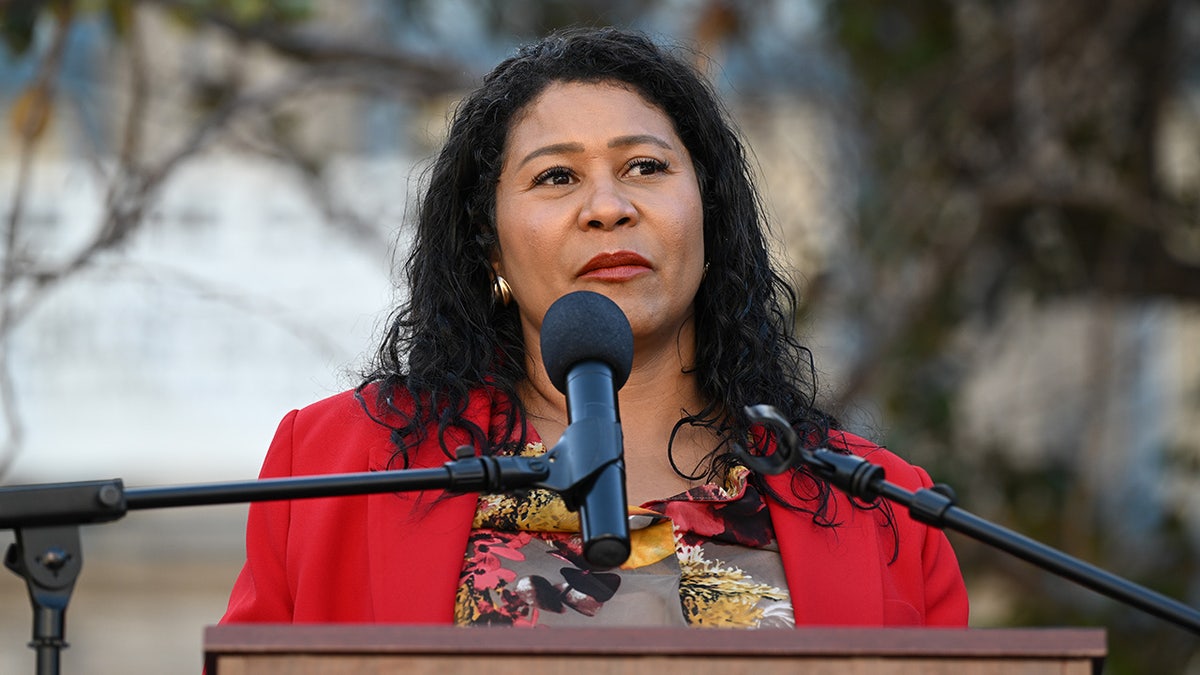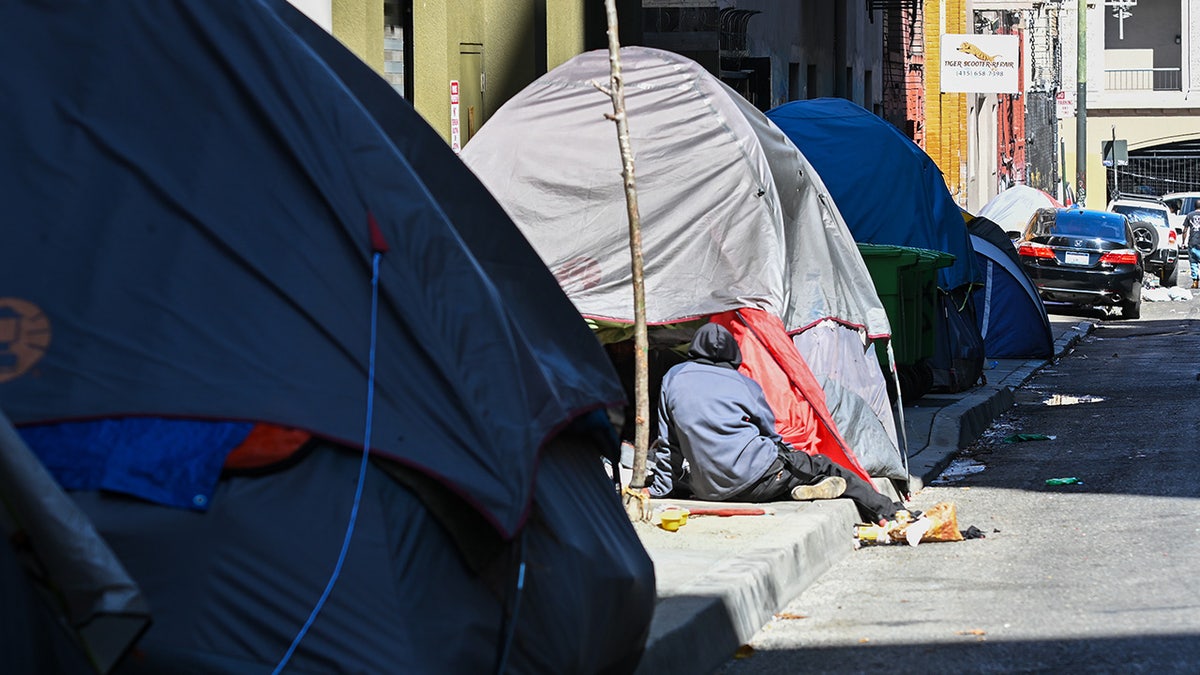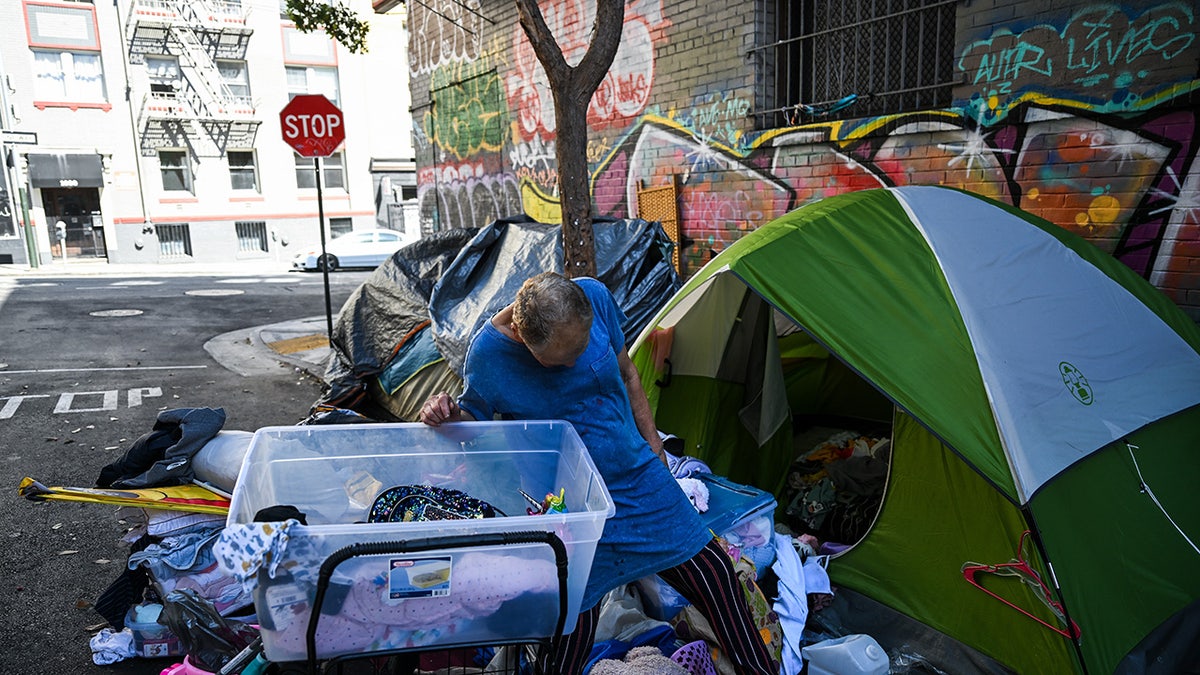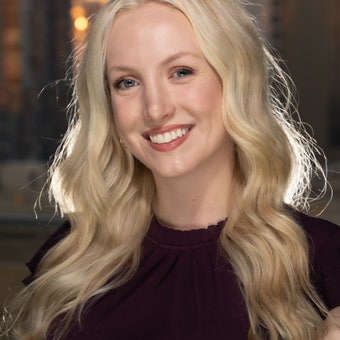Gutfeld: San Francisco now recruiting police officers in Texas
'Gutfeld!' panelists weigh in on the San Francisco Police Department holding job fairs at four Texas universities.
Democratic San Francisco Mayor London Breed on Tuesday unveiled a plan to require anyone receiving welfare to comply with mandatory drug testing and treatment programs amid growing pressure to get ahold of the city’s homeless and fentanyl crises — the same day a new primary challenger in next year's election entered the race.
Announcing the proposal with Supervisor Matt Dorsey, a recovering addict and former spokesperson for the police department, Breed said the new initiative would require individuals with substance use disorders who want to access county-funded cash assistance to be enrolled in treatment and services.
"San Francisco is a city of compassion, but also a city that demands accountability," Breed said in a statement. "We fund a wide range of services, and we want to help people get the care they need but under current state law, local government lack tools to compel people into treatment. This initiative aims to create more accountability and help get people to accept the treatment and services they need."
"I strongly support Mayor Breed’s initiative, which will better incentivize treatment and recovery for a population that’s at wildly disproportionate risk for drug addiction and overdose fatalities," Dorsey added. "We’re facing an unprecedented loss of life in San Francisco, and we know coercive interventions can work."

San Francisco Mayor London Breed announces a new welfare initiative. (Tayfun Coskun/Anadolu Agency via Getty Images)
But the mayor faces an uphill battle to get the legislation approved by more progressive Democratic counterparts on City Council, as the proposal deviates from the ultra-liberal city’s once prevailing view against forcing involuntary treatment for the mentally ill. Meanwhile, as open-air drug markets, homelessness and rising crime bring public safety concerns to the forefront ahead of an election year, the announcement from City Hall came the same day Daniel Lurie, a longtime nonprofit executive and an heir to the Levi Strauss & Co. fortune, formally announced a 2024 Democratic challenge to Breed.
"What we are seeing on the streets of San Francisco is not progressive," Lurie said in a campaign announcement video. "We have too many people who have been in power for far too long doing things the same way they’ve always been done. We need the courage to try to do things differently. I’m running for mayor to provide a different type of leadership. A new era of leadership from the outside."

Homeless tents in the Tenderloin District of San Francisco are seen on Aug. 28, 2023. (Tayfun Coskun/Anadolu Agency via Getty Images)
"We have tremendous resources; we have everything at our disposal and yet our streets are unsafe. We need to end the era of open-air drug dealing, we need housing at all income levels, especially for middle-class families who are the backbone of San Francisco," he added.
Under Breed’s new proposal, as a condition of eligibility to receive County Adult Assistance Programs (CAAP), individuals with a suspected substance use disorder would be required to participate in substance abuse screenings or treatment programs funded by San Francisco Human Services Agency (SFHSA).

A woman who has been homeless for four years is seen in the Tenderloin District of San Francisco on Aug. 28, 2023. (Tayfun Coskun/Anadolu Agency via Getty Images)
The mayor’s office said these treatment programs would include a range of interventions from residential treatment, medical detox, medically-assisted treatment, outpatient options and abstinence-based treatment, among others based on the needs of the client. Individuals who refuse or do not successfully engage in treatment would not be eligible to receive CAAP cash assistance and their application would be denied, or they would be discontinued from receiving cash assistance.
From 2018 to 2020, approximately 20% of CAAP recipients self-disclosed in an initial interview with SFHSA staff that they have substance abuse issues. The incidence of substance use disorder among CAAP recipients who are experiencing homelessness is likely higher than the CAAP population as a whole, the mayor’s office said.














































